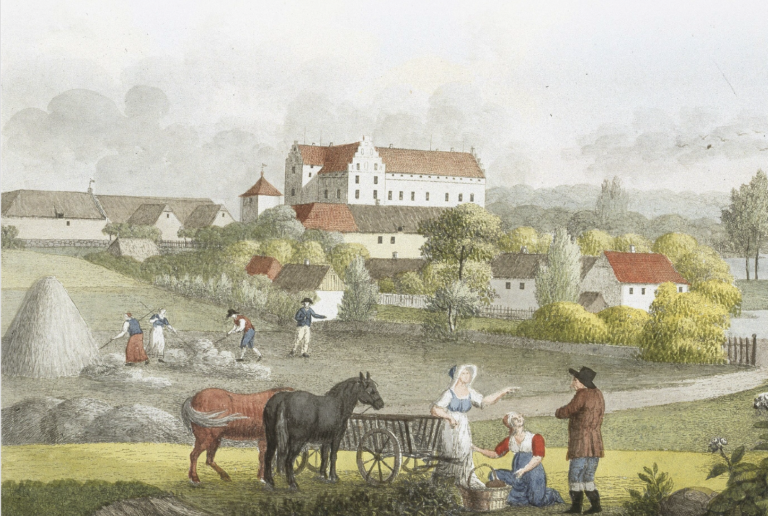
Workshop 3: Servants’ networks and relationships

Our third workshop, on ‘Servants’ networks & relationships: within & beyond the country house’ took place on 21 January at Uppsala University.
The morning comprised papers by Rupert Goulding (National Trust, UK), who discussed the writing and service career of Giles Jacob, the steward at Dyrham Park , England; Syvlie Moret Petrini (Université de Lausanne) on the everyday relationships between masters and servants in Swiss country houses, and May Wells (University of Oxford, UK), who explored the impact of interpersonal dynamics in child-governess relationships on the status of the governess. These papers highlighted the sometimes liminal nature of domestic service, especially amongst upper servants and those with professional skills. The discussion that followed focused on the agency of servants and also the difficulty in being to access their voices.
After lunch, the focus switched to servants’ networks and the ways in which their behaviour and working conditions were governed by law and by custom-and-practice. Sebastian Kühn of Freie Universität, Berlin, spoke about the strategies of rural families which helped to shape their relationship with the local lords in early modern Brandenburg and Saxony. Marie Steinrud (Stockholm Universitet, Sweden) discussed the role of familial networks in the recruitment of servants by Swedish ironmaster, 1750-1850, and illustrated the career and geographical mobility of servants, especially housekeepers. Finally, Hanne Østhus explored some of the legal frameworks that shaped master-servant relationships, especially in Norway. The ensuing discussion ranged from the geographical specificity (or otherwise) of legislation and experiences to the difficulties of uncovering the motivation underpinning servants’ actions. Again, there was a focus on the agency of servants: they were not simple vassals at their masters’ beck and call.



